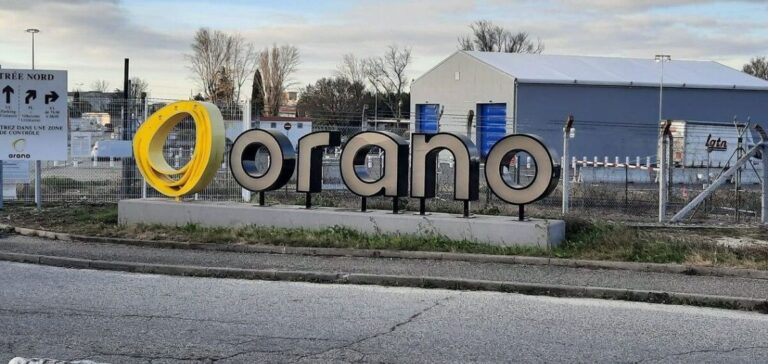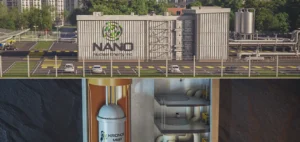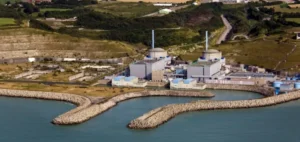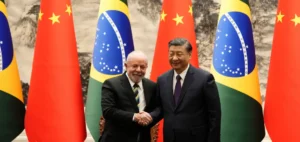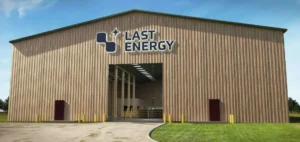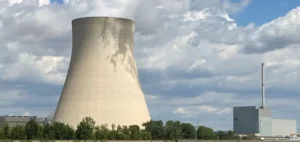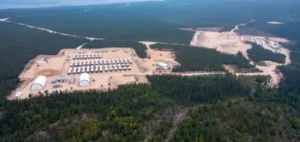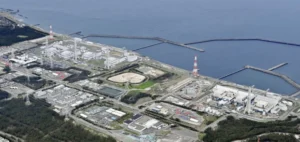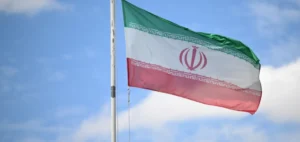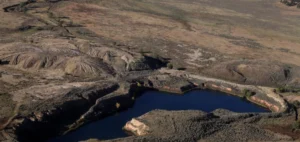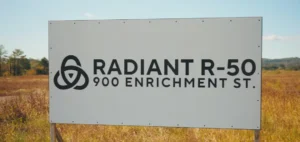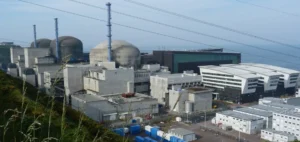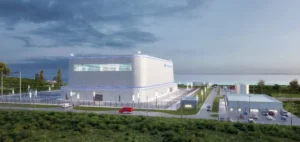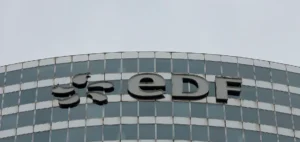Orano, a French group specialising in the nuclear industry, and Navoiyuran, an Uzbek company, have reached an agreement to develop the South Djengeldi uranium deposit, located in Uzbekistan. This agreement marks the beginning of a partnership within the Nurlikum Mining joint venture, which aims to industrially exploit the site. The project integrates into Navoiyuran’s existing industrial base, which will manage and operate the deposit, with annual production forecasts reaching a peak of 700 tonnes of uranium from the certified available resources. The exploitation is expected to last for approximately ten years.
This mining project, with significant economic implications for the region, is further strengthened by the entry of a Japanese partner, ITOCHU Corporation. The company acquires a minority stake in the joint venture, a development that underscores the growing internationalisation of the Uzbek mining sector. ITOCHU’s entry is part of a strategy to diversify funding sources and enhance the company’s technical capabilities.
The agreement between Orano and Navoiyuran is part of a broader cooperation framework defined in a strategic framework agreement signed between Orano and the Uzbek government in 2022. This agreement aims to encourage the development of the country’s mining resources and strengthen local capacities in uranium extraction. An exploration programme also accompanies the project, with the goal of doubling the joint venture’s mineral resources, thus increasing long-term production prospects.
Xavier Saint Martin Tillet, Director of Mining Activities at Orano, emphasised the importance of this project in diversifying the group’s production sources. Orano will bring its geological and technical expertise to the implementation of the project, thus supporting the expansion of mining activity in Uzbekistan and consolidating the group’s position in the international uranium market.
Strengthened strategic partnership
The South Djengeldi project is based on a close strategic collaboration between Orano and Navoiyuran, supported by a favourable institutional framework established by the Uzbek authorities. This development is expected to stimulate local uranium production while consolidating Uzbekistan’s position as a key player in the nuclear industry. The integration of the Japanese company ITOCHU into this dynamic is expected to bring new industrial and commercial synergies, particularly in project management and investment areas.
Exploration and resource expansion
Another key objective of this agreement lies in the exploration programme for South Djengeldi’s mineral resources. This programme aims to double the currently identified resources, thereby strengthening the long-term viability of the project and its production potential. Orano and Navoiyuran have implemented advanced exploration strategies that should maximise the mining operation’s yields. This strategic development could also have a direct impact on Uzbekistan’s future production capacities, enhancing its competitiveness in the global uranium market.


